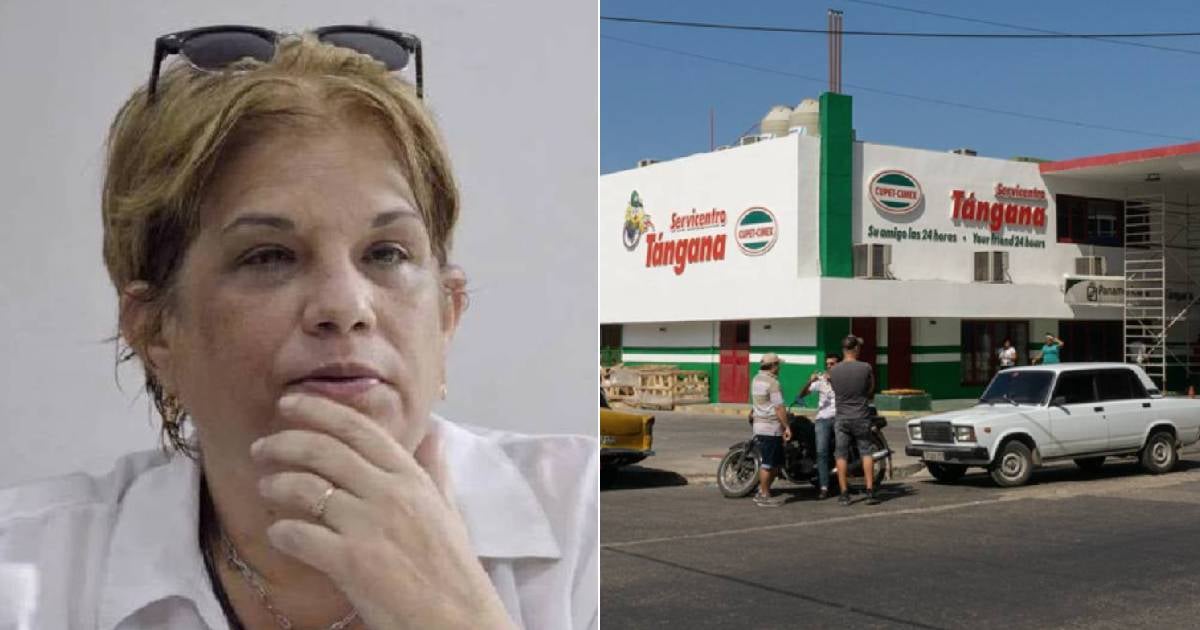Official journalist Ana Teresa Badía has stirred up conversation on social media by questioning the Cuban government's silence regarding the exclusive sale of special gasoline for dollars. Through her online platforms, Badía expressed her confusion over the lack of governmental explanation for this decision.
"Are we going without an official statement once again? Is this true or false? I trust the source, but it's hard to believe such a decision would be made without any explanation. Yes, explanations are needed," Badía commented, emphasizing her concern about the transparency surrounding this issue.
Recently, the Unión Cuba-Petróleo (CUPET), alongside other official sources, announced changes in fuel distribution, stating that priority would be given to gas stations selling in dollars amid a shortage of special gasoline.
Badía's remarks have sparked varied reactions among the public, with some supporting her call for transparency while others question the role of official media in disseminating government information.
In January, Badía also raised concerns about the opening of a dollar-only supermarket located beneath the Gran Muthu Habana Hotel in Havana. She criticized the decision to accept only cash dollars or international credit cards, excluding Moneda Libremente Convertible (MLC) cards typically used in similar stores.
Fuel Crisis and Economic Challenges
The fuel crisis in Cuba has worsened in recent months, characterized by ongoing shortages, long queues at gas stations, and sales restrictions. The limitation on special gasoline sales underscores the perception that the state is prioritizing foreign currency revenue over equitable resource access.
The increasing presence of the dollar in official transactions is part of a broader economic policy of partial dollarization, extending to sectors like food, appliance sales, and now fuel. In December 2024, the Cuban regime enacted a policy officially regulating the circulation of the dollar, solidifying its status as the primary currency for many economic activities, while the Cuban peso continues to depreciate.
Understanding Cuba's Economic Shift and Fuel Distribution
Why is the Cuban government selling gasoline exclusively in dollars?
The decision to sell gasoline exclusively in dollars is part of a broader strategy to generate foreign currency amidst ongoing economic challenges.
How has the fuel shortage affected Cuba?
The fuel shortage has led to long lines at gas stations, restricted sales, and increasing public frustration regarding access to essential resources.
What is the impact of partial dollarization in Cuba?
Partial dollarization allows for the increased use of dollars in transactions, impacting various sectors including food and fuel, but also raises concerns about inequality and resource access.
